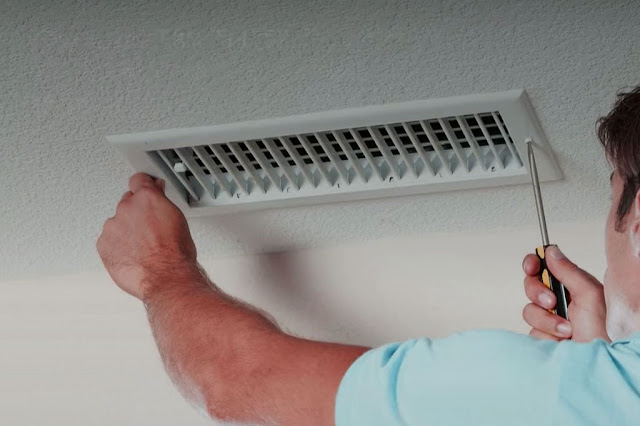Air duct cleaning is an important aspect of maintaining the air quality in your home or workplace. The air that we breathe in daily can be contaminated with dust, debris, and allergens that accumulate in our air ducts over time. These contaminants can cause serious health problems for people with allergies, asthma, and respiratory issues. It is, therefore, essential to clean your air ducts regularly to ensure a healthy living environment. In this article, we will help you determine whether your air ducts need cleaning and what you can do about it.
Signs that your air ducts need cleaning
1. Visible dirt and debris - One of the most apparent signs that your air ducts need cleaning is if you can see dirt and debris around the air vents or registers. If you notice that there is an accumulation of dust and other contaminants around these areas, it is a clear indication that your air ducts need cleaning.
2. Unpleasant odors - If you notice unpleasant odors coming from your air vents, it could be a sign that your air ducts need cleaning. The smell could be caused by the buildup of mold or mildew inside the ducts. If left untreated, this can lead to serious health problems.
3. Allergic reactions - If you or any members of your household experience an increase in allergy symptoms or respiratory problems, it could be due to the contaminants in your air ducts. Cleaning your air ducts can significantly improve indoor air quality and alleviate these symptoms.
4. Insects and rodents - If you notice an increase in insects or rodents in your home, it could be a sign that they are living inside your air ducts. Cleaning your air ducts can help eliminate these pests and prevent them from returning.
Benefits of cleaning your air ducts
1. Improved indoor air quality - Cleaning your air ducts can significantly improve the indoor air quality in your home or workplace. This can be especially beneficial for people with allergies, asthma, and other respiratory issues.
2. Energy savings - A clean air duct system can improve the efficiency of your HVAC system and reduce energy consumption. This can help lower your utility bills and save you money in the long run.
3. Extended lifespan of your HVAC system - Regular air duct cleaning can help extend the lifespan of your HVAC system by reducing wear and tear on the system.
What to expect during an air duct cleaning service
When you hire a professional air duct cleaning service, they will typically follow a specific process to ensure a thorough cleaning. This process usually includes:
1. Inspection - The technician will inspect your air ducts to assess the extent of the cleaning required.
2. Cleaning - The technician will use specialized tools and equipment to clean your air ducts thoroughly. This includes removing debris, dust, and other contaminants from the ductwork.
3. Sanitizing - After the cleaning is complete, the technician may use a sanitizing solution to kill any remaining bacteria or mold.
4. Re-inspection - The technician will perform a final inspection to ensure that your air ducts are clean and free from any contaminants.
Conclusion
Regular air duct cleaning is an essential aspect of maintaining a healthy indoor environment. By keeping your air ducts clean, you can significantly improve indoor air quality, reduce energy consumption, and extend the lifespan of your HVAC system. If you notice any of the signs mentioned above, it's time to schedule a professional air duct cleaning service.

Comments
Post a Comment